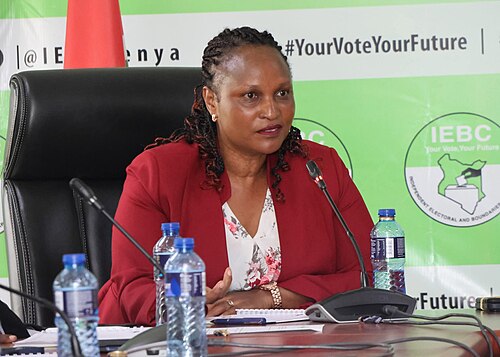The Independent Electoral and Boundaries Commission (IEBC) has projected that the 22 by-elections scheduled across Kenya will cost approximately Sh700 million.
Commissioner Ann Nderitu attributed the bulk of the expenditure to logistics and the deployment of electoral officials. She described managing by-elections in Kenya as a complex, resource-intensive exercise.
“The biggest cost drivers are electoral officials, the procurement of materials, and the logistics involved in transporting everything to polling stations,” Nderitu said.
Electoral officials undergo extensive training to ensure efficiency and integrity in the voting process, while their deployment across urban centers and remote areas adds logistical challenges. In regions such as Banisa in Wajir and parts of Turkana, flights are even used to transport ballots safely.
Beyond personnel, electoral materials—including ballot papers, seals, stamps, and indelible ink—carry strict security measures. “The ballot papers used in Kenya have more security features than currency notes,” Nderitu explained, adding that these measures are necessary to maintain public trust in the electoral process.
The commission has also invested in technology to enhance transparency, including systems to track voter identification, trace ballots, and audit tallies.
Nderitu contrasted Kenya’s election costs with other countries, noting that in places like Sweden, political parties distribute their own ballots, and the electoral commission primarily supervises the process. “In Kenya, the high cost reflects our dual mandate: conducting elections and safeguarding public trust,” she said.
The Sh700 million expenditure highlights the scale and stakes of running credible elections in Kenya, where transparency and credibility remain central to the democratic process.










